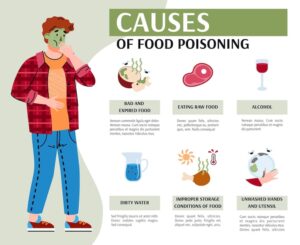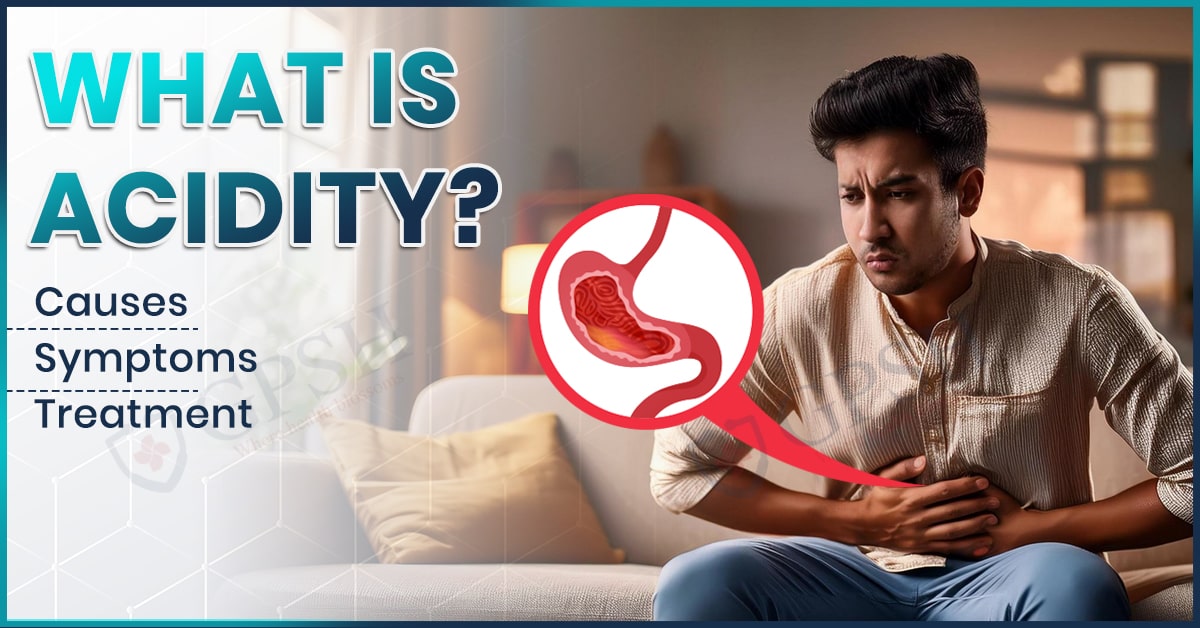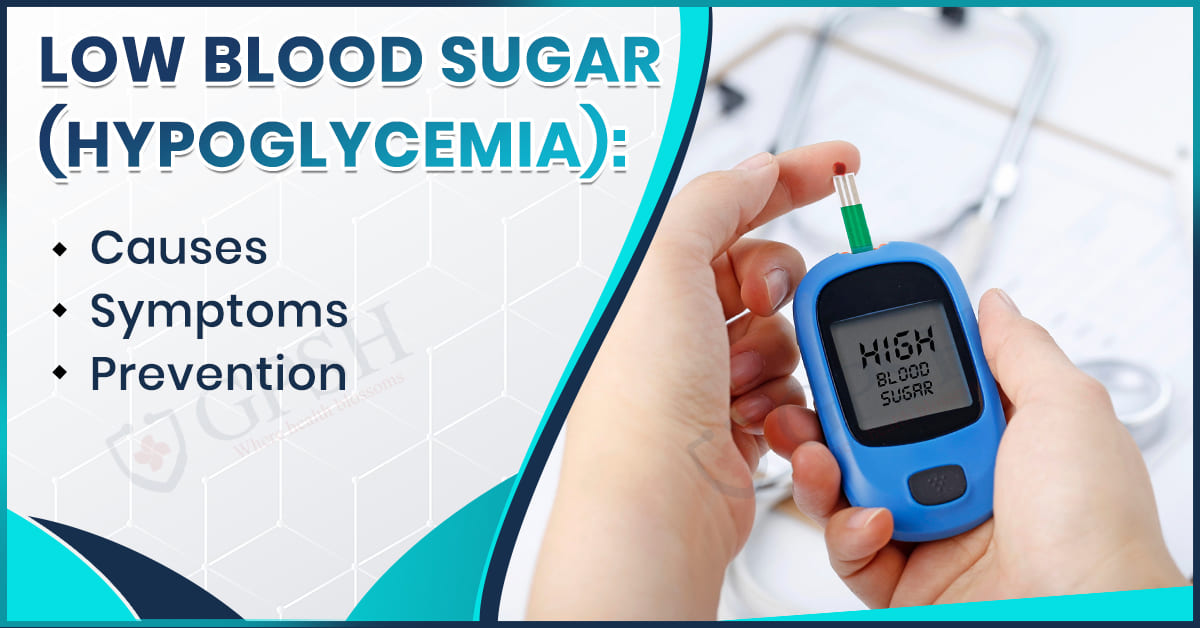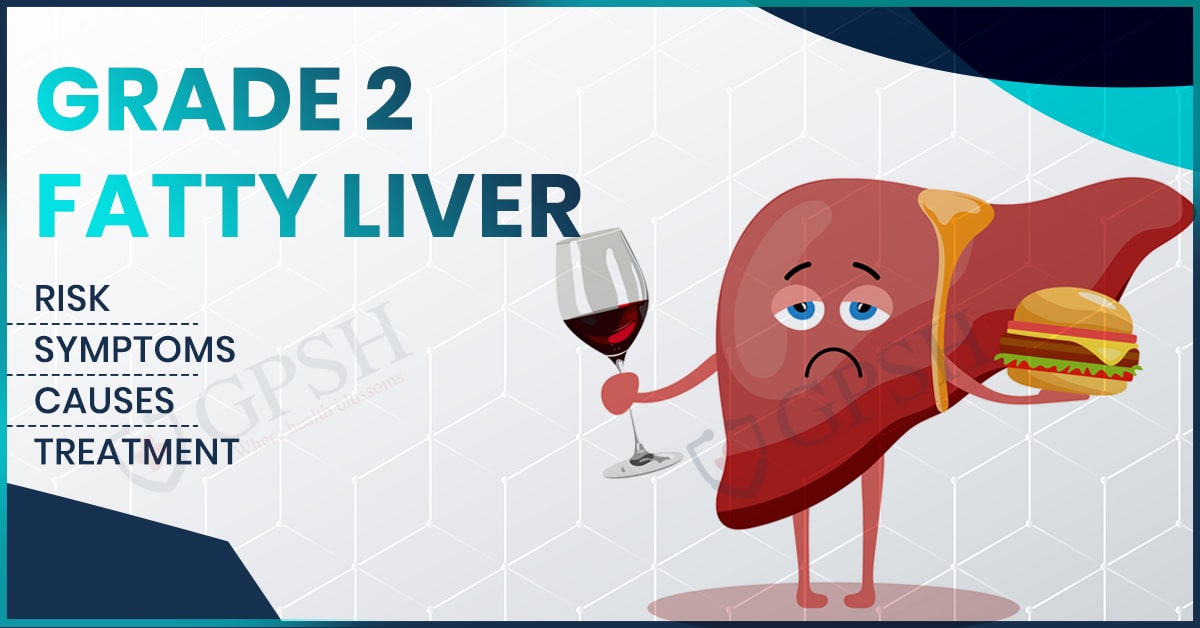Introduction
Acidity is a digestive problem experienced when excess acid of stomach acid flows back into the esophagus and causes burning, discomfort, and irritation. Like many medical conditions, eating habits, anxiety, and lifestyle come into play while causing acidity.
A thorough knowledge of the causes of acidity, a keen study of acid reflux symptoms, and avoiding all treatments offered against acidity are some ways of good management. Most people find simple lifestyle changes and home remedies useful in easing the discomfort and preventing the problem from recurring, as elaborated in this article, as we discuss acidity, its causes, symptoms, and treatments.
What is acidity?

To speak medically about it, acidity is the circumstance when the stomach makes too much of gastric acid, which gives a burning sensation in the chest or throat, commonly termed as heartburn, which happens when acid regurgitates and irritates the esophagus. This condition usually comes with indigestion or stomach heaviness and sour belching and is medically known as acid reflux, that is, gastroesophageal reflux.
You Can Also Read:- Irregular Periods: What Your Body Is Trying to Tell You
What Are the Key Symptoms of Acidity?
![]()
The acidity symptoms may vary from mild discomfort to severe irritation, and catching them early helps cure the condition properly. Here are some major signs of acidity:
- Heartburn: A burning sensation appears in the chest or throat, worsening after meal intake or while lying down.
- Regurgitation: There is a sour or bitter taste in the mouth when acid from the stomach flows back into the throat.
- Indigestion: A feeling of heaviness, bloating, or discomfort drops in after having food in the upper abdomen.
- Nausea: Feeling uneasy or wanting to vomit very often because too much acid is produced.
- Excessive Belching: Burping most of the time brings up acid or sour fluid from the stomach.
- Chest Pain: The pain is sharp and burning in the chest and sometimes seems like it has something to do with the heart.
- Throat irritation: A sore throat, hoarseness, or a hard-to-stop cough caused by acid reaching up into the throat and vocal cords.
What are the causes of Acidity?

Acidity is generally occasioned by lifestyle habits, dietary habits, or a few health issues. This is an important factor to identify, especially with periodic acid reflux, so that it may be treated and prevented. Common causes of acidity are as follows:
- Unhealthy Eating Habits: Miss a meal and then stuff it down, or eat spicy, oily, and processed foods that all tend to create more acid in the stomach.
- Caffeine and Alcohol Abuse: Drinking too much tea, coffee, or alcohol irritates the stomach lining and provokes acid reflux.
- Smoking: Nicotine causes relaxation of the lower esophageal sphincter, allowing acid to flow back into the esophagus.
- Stress and Anxiety: Stress is an acid promoter, and so are symptoms of acid.
- Certain Medications: Painkillers, anti-inflammatory drugs, and antibiotics can irritate the stomach and cause acid build-up.
- Obesity: The heavy pounds over the abdomen press on the esophagus and thus push up the contents of the stomach.
- Pregnancy: Pregnancy often produces acidity-the hormonal changes during pregnancy and increased abdominal pressure favor such a condition.
- Health Conditions: Constant acidity may be because of gastroesophageal reflux disease (GERD), peptic ulcer, or hiatal hernia.
You Can Also Read:- Alcoholic vs Non-Alcoholic Fatty Liver: Understanding the Key Differences
How Is Acidity Treated?

The treatment of acidity symptoms aims at reducing and managing the symptoms of excess acid in the stomach, preventing the symptoms of discomfort as well as recurrences. Treatment is often a blend of lifestyle modifications, physiotherapy, or medications and is as follows:
- An Intuitive Way to Life: In case acidity episodes are flaring up, one should eat smaller meals at fixed hours, avoid heavy or late dinners, stay away from oily and spicy foods, and maintain a healthy weight.
- The Use of Medications: Doctors may prescribe antacids to relieve the symptoms immediately or may give them H2 blockers or proton pump inhibitors to prevent the acid production more effectively.
- Stay Hydrated: Keeping the body well hydrated throughout the day will help dilute the stomach acid and improve digestion.
- Adjustment of Sleeping Posture: A slight elevation of the head while sleeping decreases the chances of acid reflux interfering in sleep.
- The treatment of acidity requires the use of simple remedies like cold milk along with fennel seeds and ginger tea and honey mixed with warm water.
- The trek of your Stress Levels needs to be maintained because activities like meditation and yoga and deep breathing exercises help prevent stress-induced acid reflux.
- You need to see a doctor immediately if your acidity continues or worsens because it could be a sign of an underlying illness such as GERD or stomach ulcers.
When to See a Gastroenterologist

Home cures and lifestyle modifications might be adequate if acidity occurs infrequently; however, more frequent episodes necessitate medical attention. In the following circumstances, we recommend that you speak with a gastroenterologist:
- Regular Episodes: when there are more than twice-weekly acidity attacks without any protection from changing one’s diet or way of life.
- Unexpected Weight Loss: One of the unintended consequences of the acidity symptoms is a rapid loss of weight.
- A persistent irritation of the throat brought on by acid reflux, coughing, or voice changes is known as chronic coughing or hoarseness.
- Vomiting Blood or Black Stools: Instances of gastrointestinal bleeding that require immediate hospitalization.
- Prolonged irritation and the inability to keep food from one’s own mouth are signs of persistent nausea and vomiting.
- Severe Chest Pains: If the burning sensation in the chest grows towards an angina-like description, or simply cannot be extinguished by an over-the-counter medication.
- Difficulty Swallowing: Consistent problems with a soft or hard food or fluid and the pain associated with the act of swallowing.
Conclusion
Acidity is a frequently encountered digestive ailment that tends to go unnoticed. It can range from a slight inconvenience to a grave ailment if it remains untreated and undiagnosed. The knowledge of its causes, reinforced with the symptoms of acid reflux and the adequate treatment of acidity, must be followed meticulously for a one-time cure or for the long-term prevention of its consequence.
Home remedies for acidity and lifestyle changes may relieve many symptoms; however, one should never neglect persistent and severe symptoms. Being classified as a Gastroenterology Department disease, germane treatment for digestive health is offered at the Shekhawati Hospital, wherein state-of-the-art infrastructure vectors with a team of expert gastroenterologists who are doing great work in diagnosing, treating, and preventing acidity, thereby improving patient outcomes.








